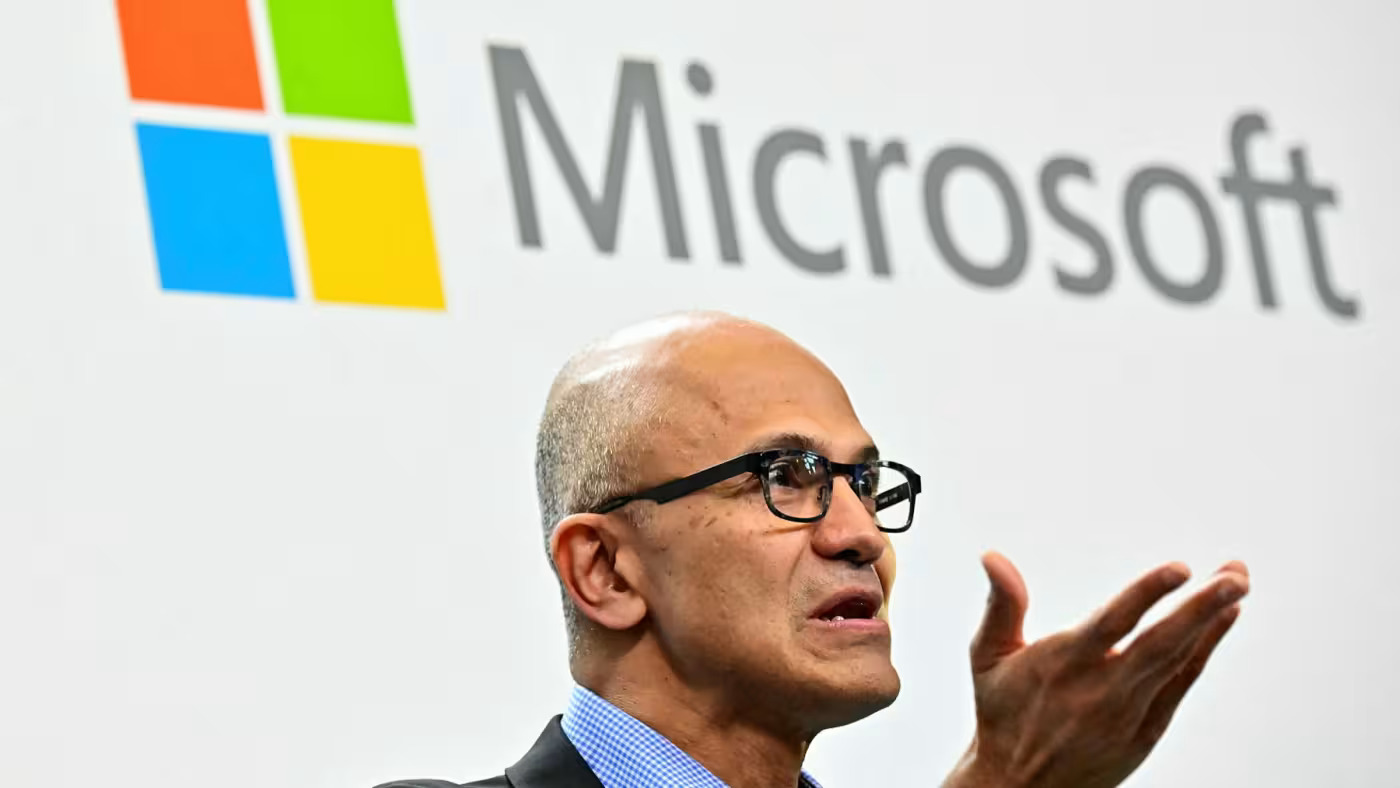Microsoft CEO Satya Nadella has revealed that AI now generates 20% to 30% of the company’s code, marking a significant milestone in the integration of artificial intelligence into software development. The disclosure came during a fireside chat with Meta CEO Mark Zuckerberg at Meta’s LlamaCon conference on April 29, 2025, where Nadella noted that AI’s effectiveness varies by programming language, performing better in Python than in C++.
This milestone follows Microsoft CTO Kevin Scott’s earlier prediction that by 2030, approximately 95% of all code could be AI-generated. The rapid adoption of AI in coding is not unique to Microsoft—Google CEO Sundar Pichai recently stated that AI already accounts for over 30% of Google’s code. However, exact methodologies for measuring these figures remain unclear, suggesting cautious interpretation.
How AI Performance Varies Across Languages
When asked about AI’s coding performance, Nadella explained that AI tools show different levels of effectiveness across programming languages. “The results are more advanced in Python than in C++,” he said, highlighting the disparity in AI capabilities. This difference likely stems from factors like language complexity and the availability of training data. Python’s straightforward syntax makes it easier for AI to generate functional code, whereas lower-level languages like C++ present steeper challenges.
Implications for Software Development
Microsoft’s increasing reliance on AI-generated code signals a fundamental shift in how software is developed. Instead of writing every line manually, developers may soon focus more on higher-level architecture and problem-solving while AI handles routine coding tasks.
Nadella suggested that AI is blurring traditional distinctions between documents and applications, calling them “living artifacts” defined by high-level intent rather than rigid structures. He also envisioned AI unifying traditionally separate applications like Word, Excel, and PowerPoint into more fluid, interconnected systems.
However, neither Nadella nor Zuckerberg addressed potential job impacts during their discussion. While AI could improve productivity, questions remain about how roles will evolve in response to automation.
Industry-Wide AI Coding Race
Microsoft isn’t alone in leveraging AI for code generation. According to recent reports, Google’s AI adoption slightly surpasses Microsoft’s, with Pichai stating that over 30% of Google’s code is AI-generated. Meanwhile, Zuckerberg admitted uncertainty about Meta’s current level of AI integration, indicating varying stages of implementation across major tech firms.
Zuckerberg emphasized that AI coding could enhance security, though specific safeguards were not detailed. The broader industry shift suggests a future where AI becomes central to development, though challenges around code quality, measurement, and workforce adaptation remain unresolved.
With Microsoft 365 Copilot’s redesign projecting AI could generate 95% of code by 2030, the software industry may be on the brink of its most radical transformation yet—one that could redefine developer roles, accelerate innovation, and reshape how technology is created.















